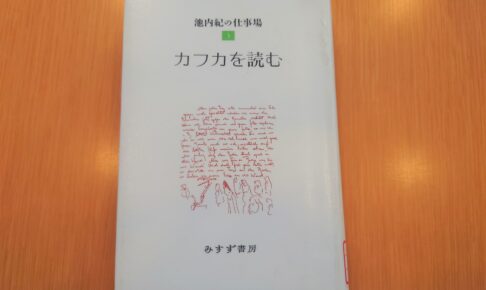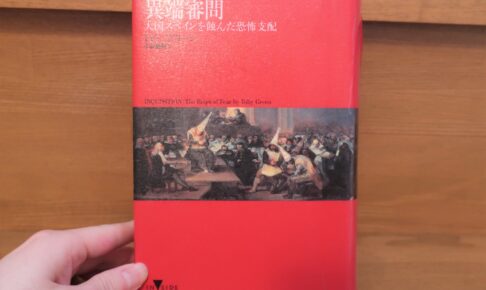Nori Ikeuchi's Workplace 3: Reading Kafka, Summary and Comments - A recommended introduction to Kafka!
Kafka's works are full of mysterious twists and turns, and there are many scenes that make the reader panic.
I highly recommend this book as an introduction and reference to Kafka.
This is especially recommended for those who find the Kafka difficult to approach because it is difficult and dark. I am sure it will change your image of Kafka. I have come to like Kafka more and more.













































